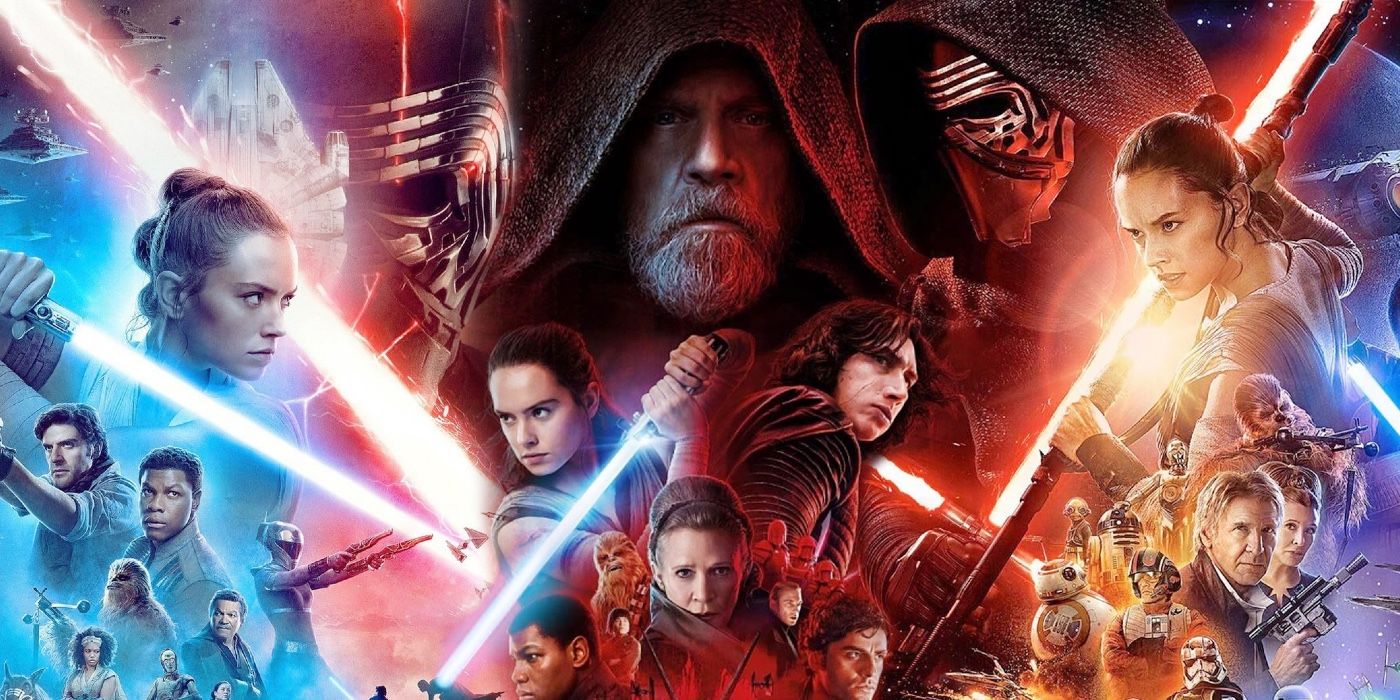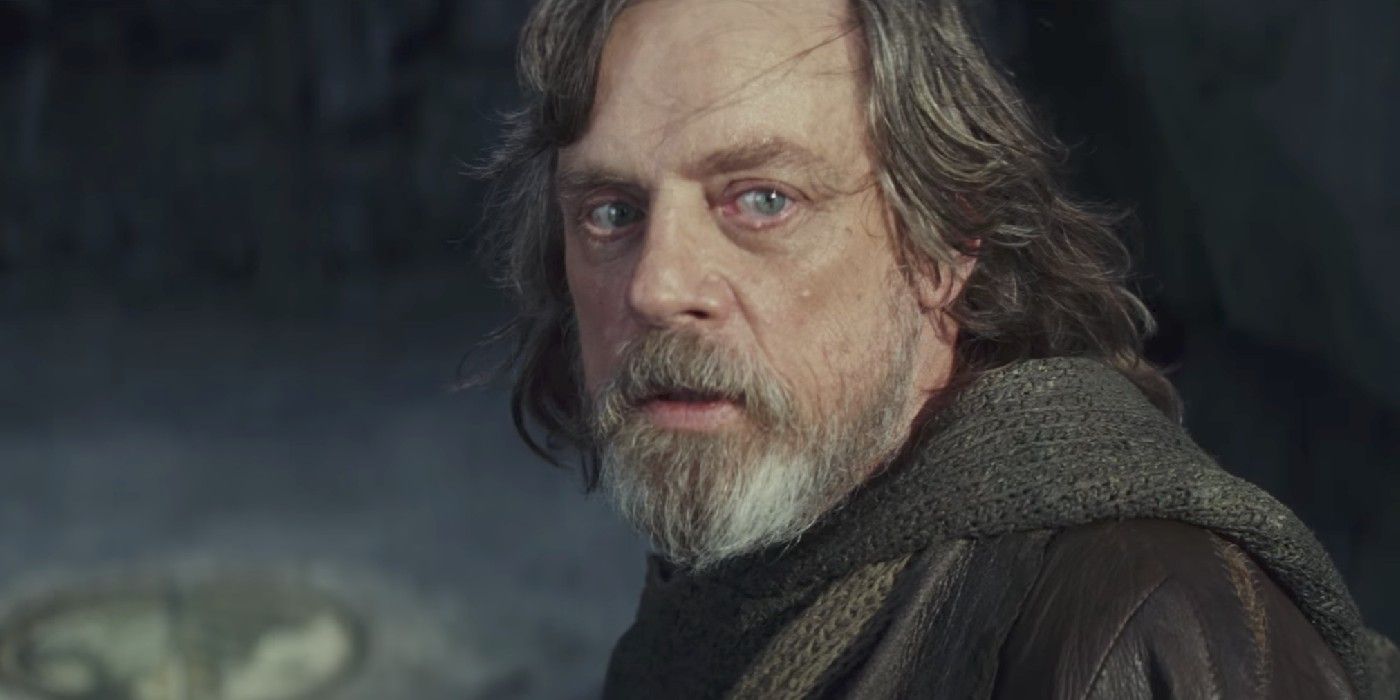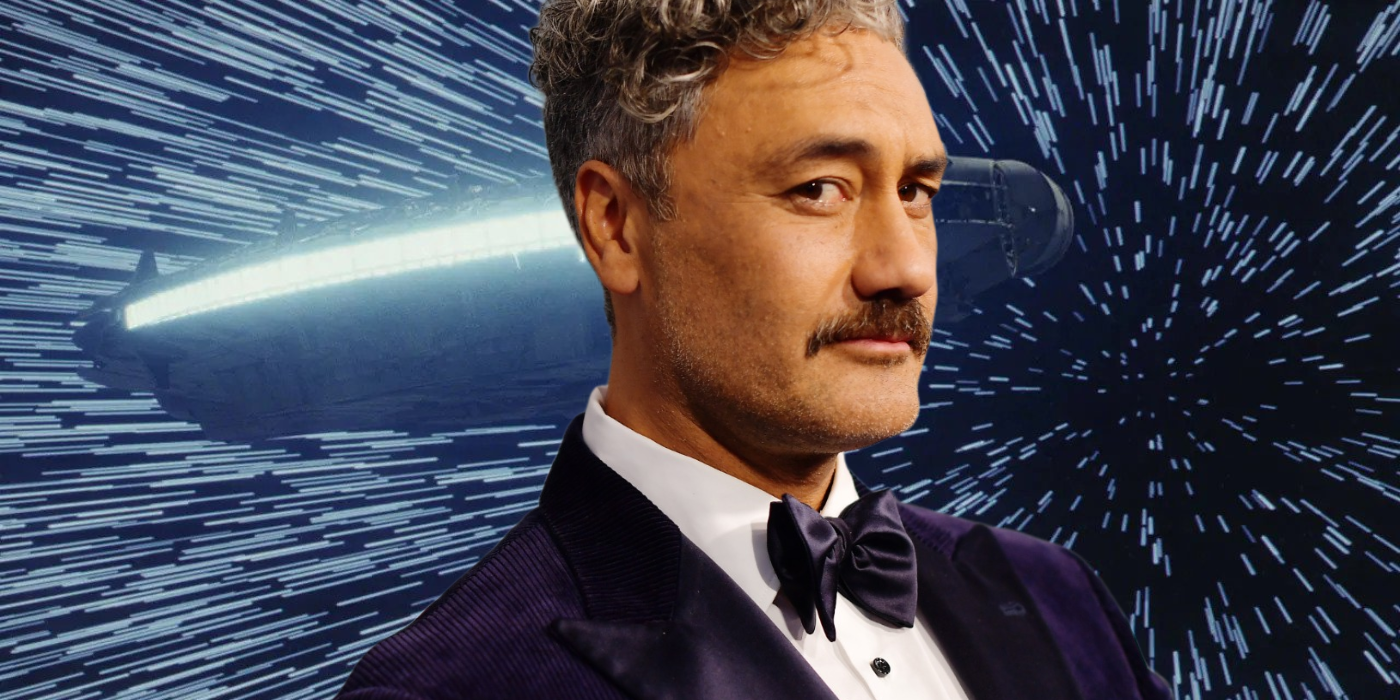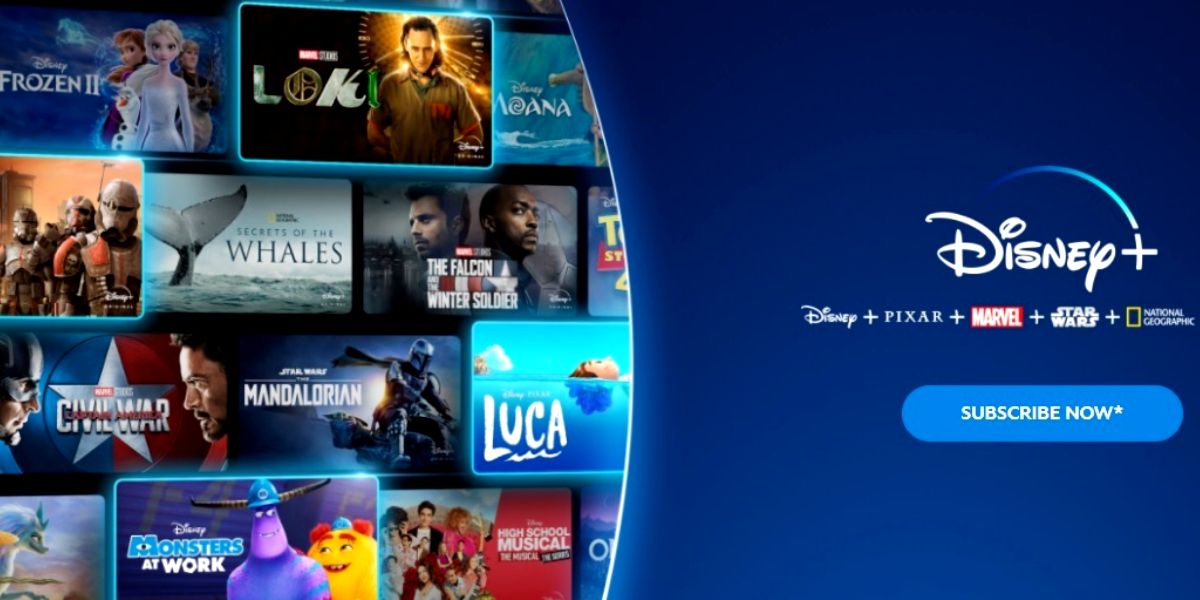Nobody hates Star Wars like Star Wars fans. It's a truth that has always held steady for the franchise, even going back to the original trilogy. Yet it wasn't until recently that the world understood just how toxic and influential these fans could really be. Disney's acquisition of Star Wars promised to take the already iconic, multi-billion dollar franchise and transform it into a shared universe akin to the Marvel Cinematic Universe. Now, it's one of the most divisive brands in modern media, and it all started with The Last Jedi.
The Last Jedi is a perfectly fine, well-written, occasionally amazing film on its own; as a Star Wars film, it was destined to be divisive. Out of the three Skywalker Saga films produced under Disney, it's undeniably the most ambitious, seeking to take beloved characters in unexpected directions, introduce new faces and voices to the universe, and return the franchise to its overtly political origins. All good art requires risk, but it's hard to imagine Disney realized just how risky the film was -- or just how divisive it would ultimately be.
If the abysmal Rotten Tomato audience score and targeted harassment campaigns weren't enough for Disney and Lucasfilm to see how fractured the fanbase had become, Solo's box office did the trick. After hundreds of millions of dollars in shoots and re-shoots, the film made just under 400 million, failing to profit off even the lowest estimate of its inflated budget. Though the higher-ups once envisioned the Star Wars franchise as a blooming cinematic universe, they now realized this was far from a sure bet. This anxiety could only be exacerbated by the unanimously harsh response to The Rise of Skywalker, a film meant to reunite the fans with a big but ultimately flaccid finale.
In the time since Solo, Game of Thrones' David Benioff and D.B. Weiss have seen their Star Wars film prospects dissolve, while Rian Johnson's trilogy appears to have stalled altogether. Most recently, Patty Jenkin's Rogue Squadron film has been, to quote Kathleen Kennedy, "pushed off to the side." While there is much behind the scenes that fans will never know about, it is worth noting that every creative mentioned here was once thought to be a Hollywood goldmine, only to suffer a very public, high-stakes failure. For Jenkins, this would have to be the critical and commercial failure of Wonder Woman 1984, while Benioff and Weiss still bear the cross of Game of Thrones' infamously messy final season. Johnson has always carefully crafted excellent stories on TV and film and has done so since with his highly successful movie Knives Out; yet, when attached to Star Wars, his name will forever be mud.
The only Star Wars projects currently moving forward are unsurprisingly attached to MCU heavyweights Kevin Feige and Taika Waititi, with the latter's project seemingly the closest to getting made. Then again, with Thor: Love and Thunder's middling reviews and disappointing box office performance, this may lead the director to join the ranks of Johnson and Jenkins. How can Disney be so choosy when it comes to directors? Simple: directors are expendable because the movies themselves are becoming expendable. For that, they have Disney+ to thank.
The advent of Disney+ came at a pivotal moment in Star Wars' journey. With The Rise of Skywalker on the horizon, Disney needed to rebuild the goodwill The Last Jedi and Solo burned through with projects like The Mandalorian. Though it was unsuccessful in reuniting the fanbase, it seems it learned something much more influential: the power of the platform. With The Rise of Skywalker, fans now had the full picture of Disney's trilogy; as a result, the divide was no longer along films but brands. Fans separated themselves not as prequel, sequel, and original trilogy fans but as Lucasfilm fans and Disney fans.
Luckily for Disney, it had just launched a platform that allowed it to deliver content directly to its fans and only its fans. After all, it's unlikely that a staunch Disney opponent would shell out seven bucks a month just to hate-watch content they would ultimately deem "non-canon" (though this does happen in some instances). It also discovered a new branch of the fanbase in between these two sides, one that was desperate for a consistent continuity and thus would be happy for any Star Wars content so long as it further explored the world. By using Disney+, Disney need only worry about fans of continuity and fans of Disney, allowing it to entirely ignore the franchise's more toxic -- though very occasionally correct -- fans.
What's more, Disney had found that Star Wars TV shows could be made much cheaper than films, given advancements in rear projection: This technical trick is much more noticeable on a big screen than on television. Should Disney spend $300 million on a new Star Wars film, the question hangs if it will rake in a profit, especially without a large portion of the fanbase. On Disney+, it can spend $150 million on six episodes, which guarantees two more months of subscribers. It's no wonder that Obi-Wan Kenobi was made into an overlong TV series rather than the movie it was always meant to be.
Will there be another Star Wars film? Of course, there will. The real question is, how many more? How many cinematic "failures" will it take for Star Wars to become a Disney+ exclusive franchise? It's a difficult question to answer, yet harder still is the question of if Star Wars even needs to be in cinemas anymore, especially when Disney and Lucasfilm seem so skittish about the prospect. Since the prequels, Star Wars has firmly been a blockbuster franchise like anything else; pretending like these movies are legends worthy only of the big-screen rather than immensely fun but simple entertainment possibilities inhibits what they could truly be, especially for those Star Wars fans who love this world so much they'll accept anything from it. If Star Wars is destined to become even more of a serialized product, perhaps its best left where serialization thrives: on the television.




